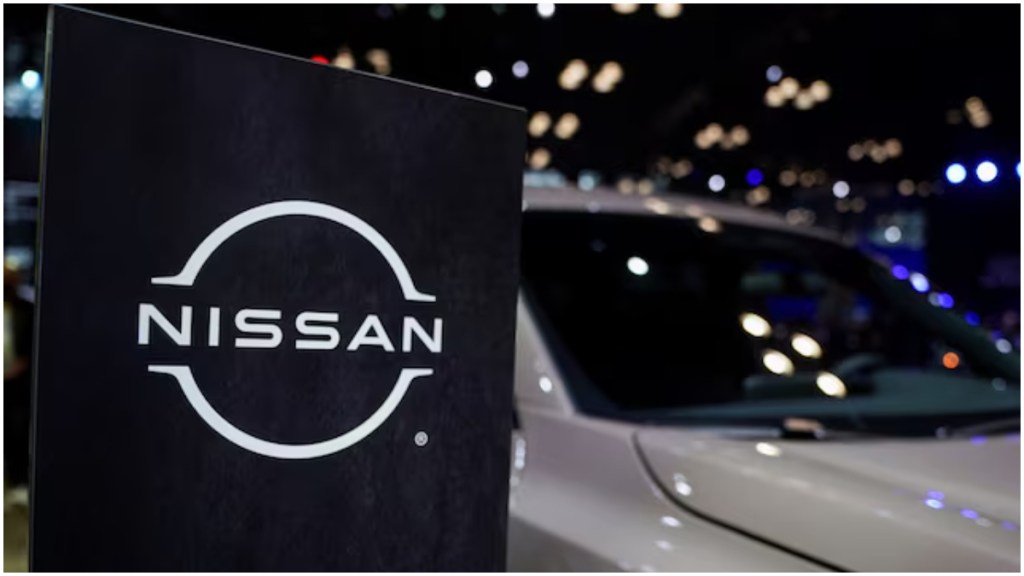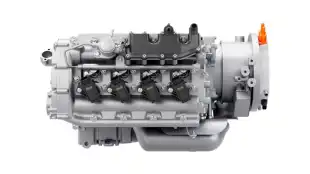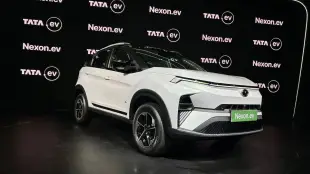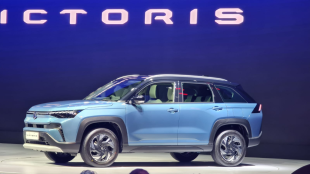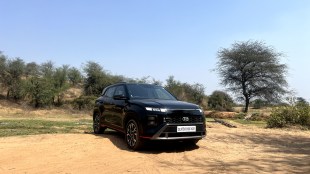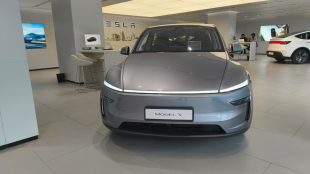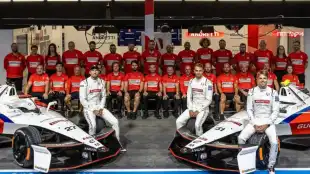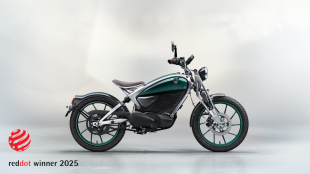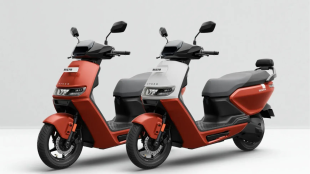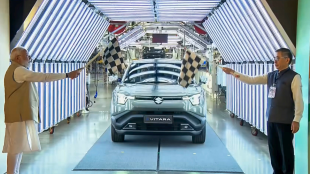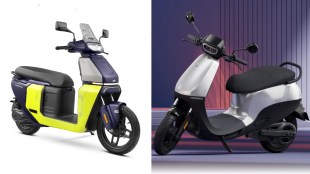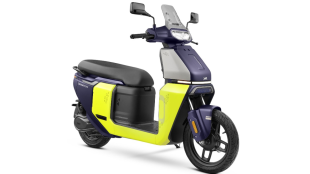Nissan Motor is rolling the dice and taking its chances as it’s in talks with Apple’s biggest contract manufacturer, Foxconn, to manufacture all-electric vehicles at its plant, which is facing the possibility of closure. As a part of the Japanese automobile manufacturer, the Oppama plant, in Yokosuka, could shut down. According to Nikkei Business, a source confirmed these discussions.
Foxconn is expanding its footprint in EV sector
It’s a well-known fact that Foxconn has been wanting to expand into the electric vehicle market. If the collaboration takes place between the two companies, they may be able to save 3,900 employees and the supplier network. If this deal is finalised, then this will be Foxconn’s second Japanese partnership, as it earlier signed a memorandum of understanding to supply electric passenger vehicles to Mitsubishi Motors. Apart from this, the Taiwan-based company will also deliver electric buses to Mitsubishi Fuso Truck and Bus. This may be the lifeline Nissan has been desperately searching for after the collapse of merger talks with Honda, but the Japanese government is wary of Foxconn getting control over Nissan. Currently, the automobile company’s main aim is to save the jobs of the people at the Oppama plant.
In 2024, it acquired a 50% stake in the chassis division of ZF, a prominent German auto parts supplier. Now, sources indicate Foxconn is in talks with Nissan for a potential joint venture to utilise Nissan’s Oppama plant, aiming to bolster its EV manufacturing capabilities. This strategic move underscores Foxconn’s ambition to become a major player in the global EV industry, leveraging partnerships and existing infrastructure to accelerate production and compete in the rapidly growing electric vehicle market.
Nissan plans in India
Recently, Nissan India MD Managing Director squashed all India exit rumours by saying that the Japanese automobile company is not going anywhere and all its domestic and export plans are intact. Saurabh Vatsa, Managing Director, Nissan Motor India, said, “Nissan is not going anywhere. We are staying in India.” He explained, irrespective of what’s happening with Nissan in the global market, the company’s investment plans are on track, and the pre-production of the two upcoming vehicles has already begun.”
Nissan confirmed that the launch of its new 7-seater B-MPV and 5-seater C-SUV remains on track for 2026, with no delays. According to Vatsa, the B-MPV is slated for release in the first quarter of 2026, followed by the C-SUV in mid-2026. He emphasised that both vehicles will be competitively priced, aligning with market rivals. Vatsa highlighted that the new Nissan models will offer strong value, with pricing based on their size, features, and powertrain, ensuring they meet customer expectations in their respective segments.
